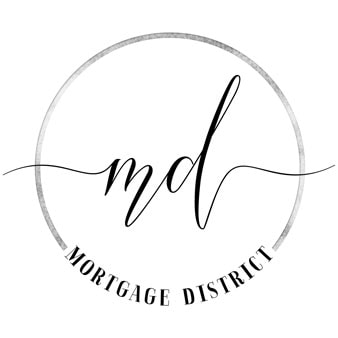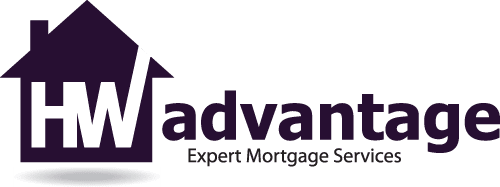It is widely accepted that Canada is a great place to invest in real estate. It is a way to generate monthly rental income and also to build wealth over time through increases (appreciation) in the real estate market. What makes real estate very different from many other standard investment products (stocks, bonds, mutual funds etc) is the ability to finance such a large portion of the investment. Imagine if you could invest $20,000 in a mutual fund and then your bank pitches in another $80,000 to bolster your fund to $100,000. Well, this is what happens with real estate investing! Effective mortgage planning to help finance your investments is critical to your success and growth as a current or future real estate investor.
Where to Start
It is important to research and determine what type of real estate you want to invest in (residential, multi-residential, commercial, student rental, etc). While there are pros and cons with each, they also are treated very differently by banks from a financing perspective. It’s important you are informed so can set expectations upfront. How to qualify, loan-to-value, zoning, number of units, and rate caps are all things you’ll learn about while working with your mortgage broker and realtor. It’s highly recommended you go through a pre-approval process so you are well informed and confident while seeking your next investment.
My Tip: Find a Mortgage Broker and a Realtor that have had personal experience and success in real estate investing.
How to Qualify
Just as when you purchased your primary residence, personal credit, down payment and income verification remain paramount in determining whether banks will provide the necessary mortgage financing at the best rates the market has to offer. There are other factors as well such as rental income potential, zoning, location, and the number of units. These will all be evaluated on a case-by-case basis. A misconception I hear from newbie investors is they feel limited in their ability to ever afford to buy multiple properties based on their personal income. The good news is with the proper strategizing we can lower payment obligations and use rental income or potential rental income to help qualify for existing properties as well as future investments. You don’t need to earn a million-dollar salary to become a property investor, you just need a financial mortgage plan and the drive to make your dreams a reality. Another common occurrence is people come to me saying their bank told them they are maxed out and can’t qualify for another property. This is where a mortgage broker shines in their ability to use competing lenders to increase the borrowing potential of an individual.
My Tip: Don’t take no for an answer. If your bank says no, call a mortgage broker!
Gather a Team for Success
It is really important to have access to a mortgage broker, realtor, accountant, real estate lawyer and insurance broker when becoming an investor or growing your existing portfolio. It is even better when this group of specialists are familiar with each other professionally to make information flow smoother and ensure you are informed and maximizing your investment opportunities at all times.
What About Mortgage Rates and Types
You should be able to qualify for fixed, variable, or adjustable-rate mortgages as long as you meet the necessary criteria to qualify and can make the minimum down payment on your investment property. Discuss with your broker to determine what is best for your situation as often the rate type you select for your investments is different from your primary residence mortgage because the priorities are different (Flexibility and low payment for better cash flow VS cost certainty and paying down debt efficiently). The rates offered by banks are generally slightly higher in comparison to your owner-occupied mortgage because investment properties are considered slightly higher risk in terms of default rates.
If you would like to talk about your investment mortgage options and real estate investing, our team at HW Advantage will help you get the best rates and give you professional advice. Give us a call at 905-541-6961 or fill out the webform to get started.


